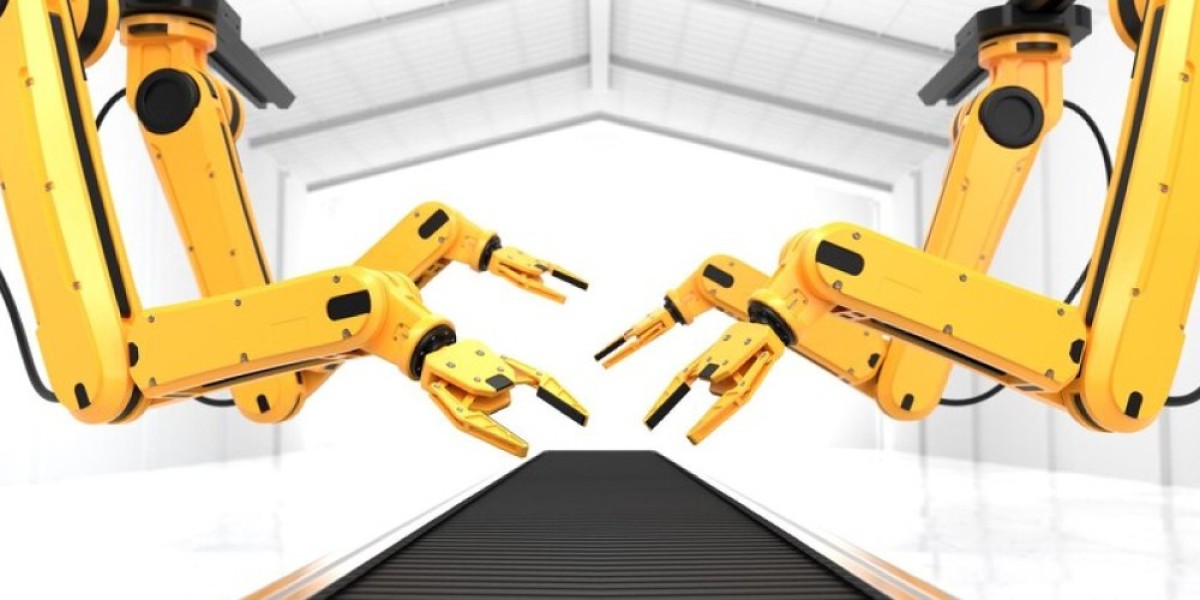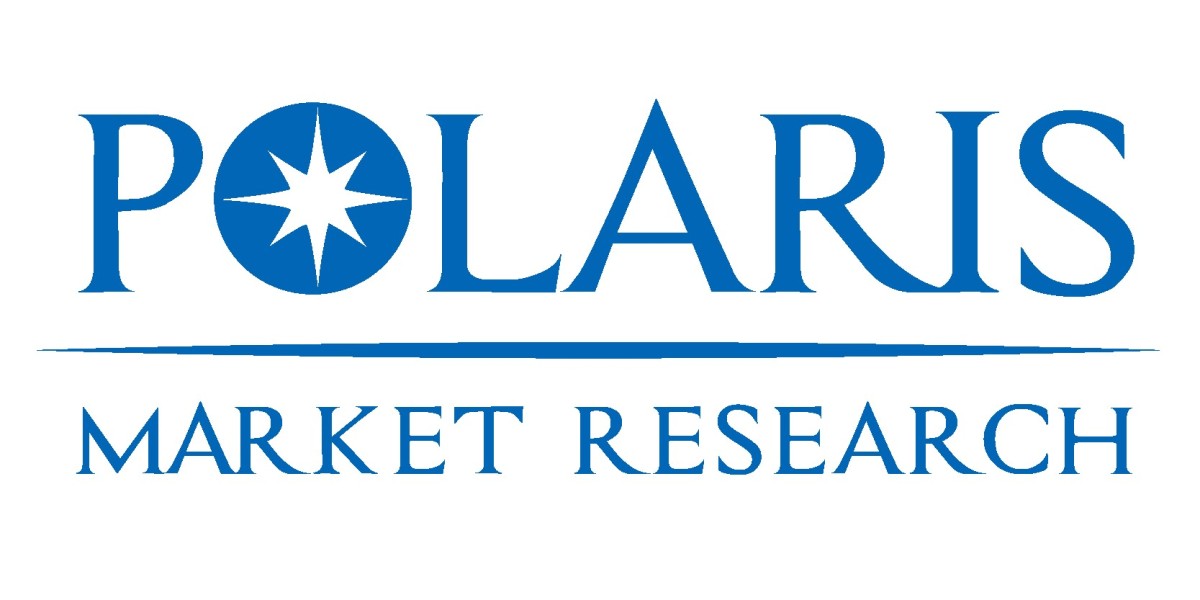A comprehensive Industrial Filtration Market analysis reveals key trends, challenges, and opportunities shaping the industry. The analysis highlights the increasing adoption of dust and air filtration systems due to growing air quality concerns and regulatory pressures. It also examines the competitive landscape, identifying major players and their strategic initiatives. Overall, the analysis indicates a positive outlook for the industrial filtration market, driven by technological advancements and the growing demand for efficient filtration solutions.
The industrial filtration market has become an essential component of modern manufacturing and processing industries. As environmental concerns and regulatory standards tighten globally, the demand for advanced filtration technologies continues to rise. Industrial filtration systems are designed to separate contaminants from liquids or gases, ensuring clean and efficient operations across various sectors such as power generation, chemical manufacturing, pharmaceuticals, food and beverages, and oil and gas. With a growing emphasis on environmental sustainability and worker safety, industries are increasingly investing in innovative filtration solutions.
Market Overview
Industrial filtration systems play a crucial role in maintaining equipment performance, reducing emissions, and improving process reliability. The market is expanding due to the rising need for cleaner production environments and adherence to strict emission norms. Filters are used to protect critical equipment such as compressors, turbines, and engines from damage caused by dust, debris, or other contaminants. Moreover, the ongoing industrial expansion in developing nations is fueling the demand for efficient filtration systems that can handle high-volume production without compromising environmental standards.
Market Drivers
Several factors are driving the industrial filtration market, including growing environmental awareness, regulatory compliance, and the need to enhance operational efficiency. The rise in industrial automation and smart manufacturing practices has also spurred the integration of intelligent filtration systems that monitor and optimize filtration performance in real-time. Furthermore, the rapid urbanization and industrialization in regions such as Asia-Pacific have amplified the demand for air and liquid filtration systems to maintain clean and sustainable production environments.
Technological Advancements and Trends
Technological innovation remains a key growth driver in the industrial filtration market. The use of nanotechnology, membrane filtration, and electrostatic filters has improved filtration efficiency and lifespan. Smart filtration systems integrated with sensors and IoT technologies enable predictive maintenance and energy savings by monitoring pressure differentials and flow rates. Additionally, the increasing adoption of modular and compact filtration designs allows industries to customize systems based on their specific process requirements.
Challenges and Future Opportunities
Despite its advantages, the industrial filtration market faces challenges such as high installation and maintenance costs. However, the long-term benefits of improved product quality, reduced downtime, and environmental compliance outweigh these challenges. The transition toward renewable energy sources and the growing use of electric vehicles are expected to further drive the demand for efficient filtration solutions in battery manufacturing and clean energy systems. Moreover, rising government investments in waste management and air pollution control initiatives present lucrative opportunities for manufacturers.
Regional Insights
North America and Europe dominate the market due to stringent environmental regulations and high adoption rates of advanced filtration technologies. Meanwhile, the Asia-Pacific region is witnessing rapid growth as industrialization accelerates in countries like China, India, and Indonesia. Increased government focus on sustainable industrial practices and investments in green manufacturing are expected to fuel regional expansion.
Conclusion
The industrial filtration market is on a promising growth trajectory, driven by environmental regulations, technological innovation, and rising industrial activity. As industries strive for cleaner operations and improved energy efficiency, filtration systems will remain indispensable. Manufacturers focusing on sustainable, automated, and energy-efficient solutions are likely to gain significant market share in the coming years.
FAQs
What are industrial filtration systems used for?
They are used to remove contaminants from liquids and gases to ensure cleaner and safer industrial operations.Which factors are driving the industrial filtration market?
Environmental regulations, industrial expansion, and technological innovation are key drivers.Which regions are leading the market growth?
North America, Europe, and Asia-Pacific are major contributors to global market growth.
More Related Reports:
Glass Forming Machines Market Share
Asia Pacific Crushing, Screening and Mineral Processing Equipment Market Share








